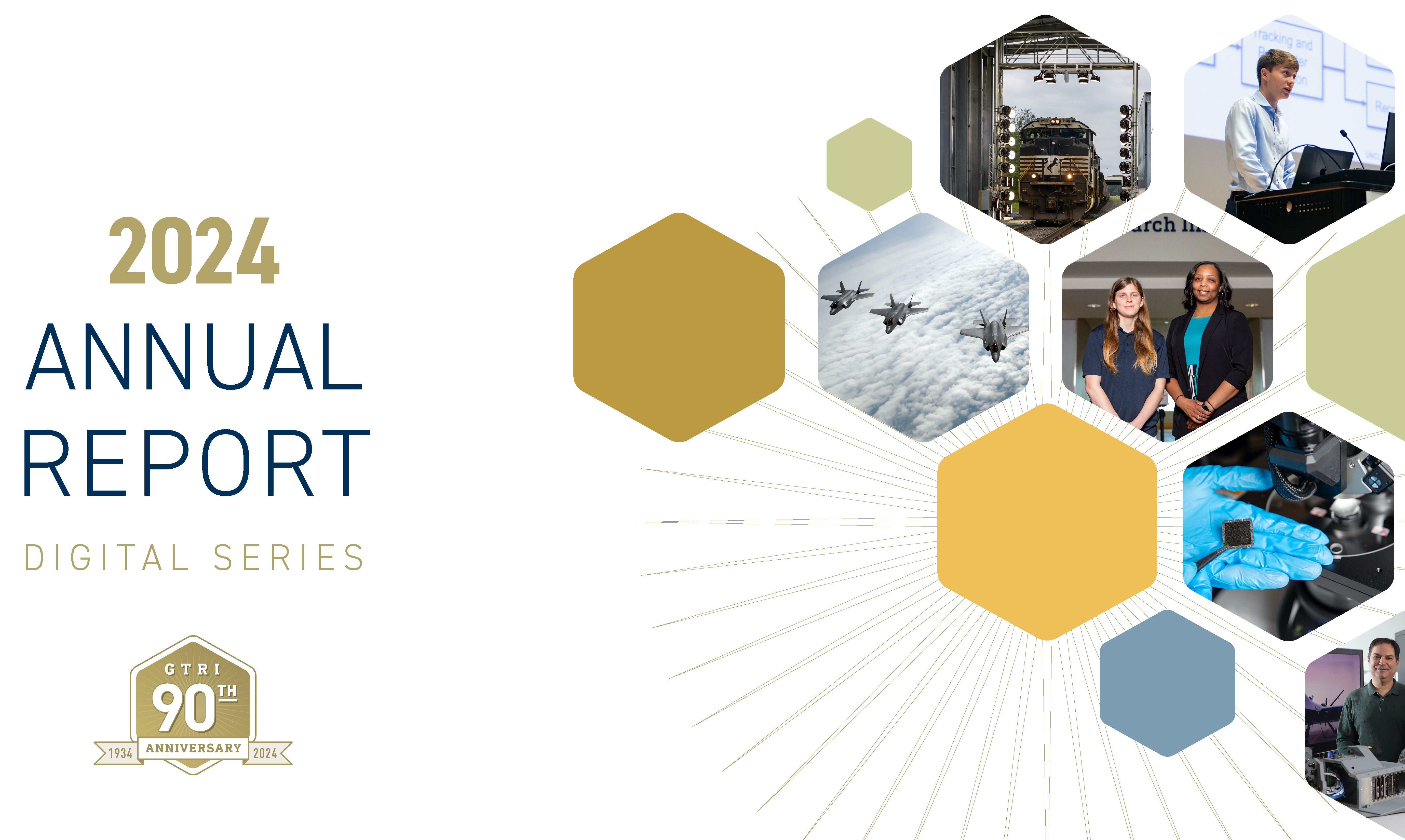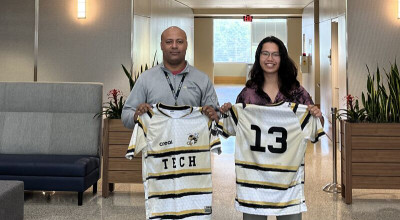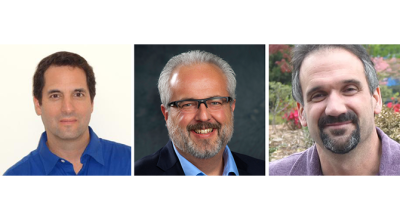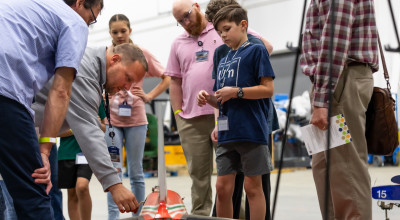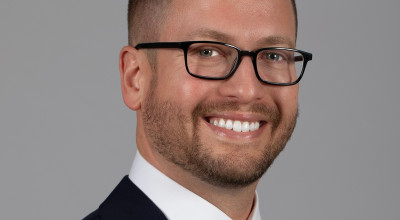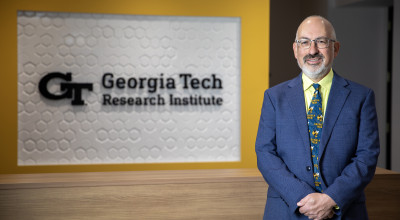GTRI News & Features
01.24.25
GTRI 2024 Annual Report
The digital edition of GTRI's 2024 Annual Report provides an overview of our accomplishments, research investments and outreach programs.
Read More >>Media Inquiries
GTRI News
- News stories
GTRI Operations Manager Rafael (Rafa) Dominguez, a self-described "rugby enthusiast," recently donated new uniforms to the Georgia Tech Rugby Club. Read More >>
- News stories
GTRI's Hives Early Career Independent Research and Development (IRAD) Program equips researchers who are in their first six years of employment to lead projects focused on… Read More >>
- News stories
GTRI researchers are among the 17 distinctions and awards recently granted to Georgia Tech by the Board of Regents of the University System of Georgia (USG). Three GTRI… Read More >>
- News stories
GTRI and Georgia Tech researchers were on hand this week for the 2025 IEEE International Conference on Robotics & Automation (ICRA), held May 19-23 at the Georgia World… Read More >>
- Featured Stories
GTRI in Photos showcases our favorite pictures of GTRI research and operations in action. Read More >>
- News stories
The Georgia Tech Research Institute (GTRI) has appointed Mark Militello as its next Associate Vice President (AVP) of Finance and Research Administration/Chief Financial Officer (… Read More >>
- News stories
At the 2025 Faculty and Staff Honors Luncheon, held recently at Georgia Tech’s Exhibition Hall, the Institute celebrated the achievements of its dedicated faculty and staff. Among… Read More >>
- News stories
Jeremy Epstein, a cybersecurity researcher with more than 25 years of industry and government experience, has joined the Institute for Cybersecurity and Resilient Infrastructure… Read More >>

